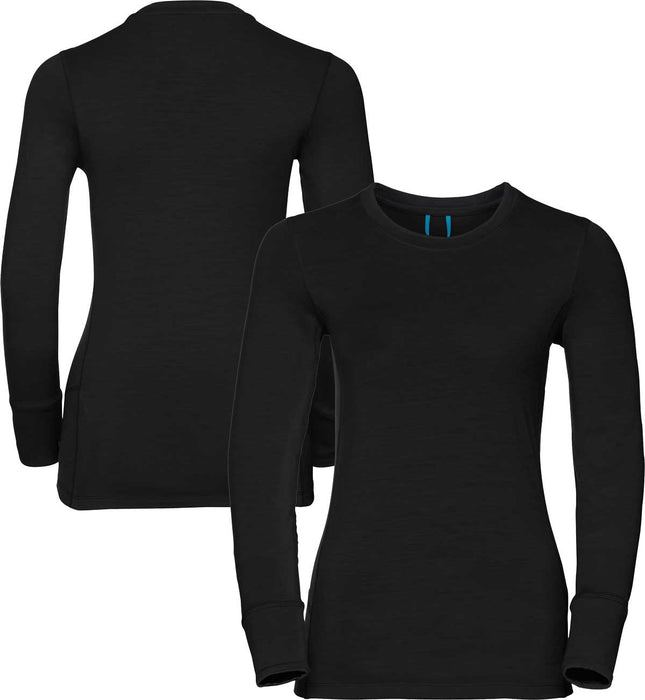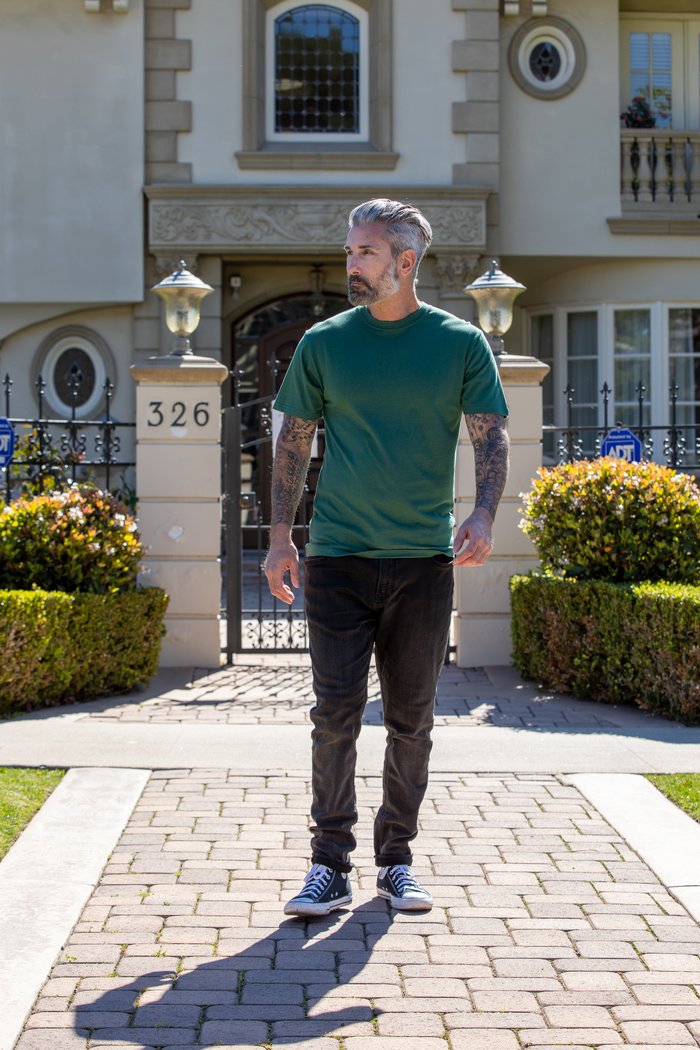New Merino Wool Base Layer Guide
Wiki Article
What Makes Yak Merino A Great Base Layer To Wear For Winter Sportswear?
Yak merino base layers are excellent for winter sport clothes due to their superior performance, but also because they are a natural fiber source and sustainability for the environment. Biodegradable and renewable.
Yak and Merino Wool are both organic fibers that are derived from animals. They are renewable resources and can be harvested sustainably and without harming animals. The fibers are biodegradable meaning they are broken down naturally and without causing environmental harm.
Environmental impact is minimal
Natural fibers are a source of energy and generally has a less environmental impact than synthetic materials. Wool production is more environmentally friendly than synthetic fibers as it involves less chemical processes.
Efficiency in Energy Efficiency-
The processing of wool fibers requires less energy than synthetic fibers that are produced like nylon or polyester. Natural wool production is energy efficient and results in lower carbon emissions.
Minimized Microplastic Pollution
Natural wool fibers do not contribute to the pollution of waterbodies by microplastics similar to synthetic fibers.
Recyclability and durability
Yak merino wool garments are often durable and long-lasting that can extend their lives. The wool fibers can be reused and reused. This reduces waste as well as the environmental impact.
Sustainable Practices
Some producers and manufacturers of wool adhere to sustainable and ethical practices, ensuring animal welfare, responsible land management, and fair labor conditions for workers involved in the process of production.
Environmental Certification-
Certifications such as the Responsible Wool Standard and the Global Organic Textile Standard verify ethically and environmentally responsible practices used to produce wool. It gives consumers confidence of sustainability.
Overall, yak merino wool base layers are in line with sustainability in the environmental sense because they are derived from natural, renewable sources that have the least environmental impact in production and, often, incorporating ethical and sustainable practices in their supply chain. By choosing natural fibers such as yak merino for winter sportswear you're supporting the environment and sustainable consumption practices. Take a look at the top rated continue reading this about merino wool base layers for blog info including skiing base layers, skiing base layers, best base layer for skiing women's, smartwool base layer sale, sitka base layers, best base layer for skiing women's, merino wool undershirt, best ski underlayers, smartwool 250 base layer, smartwool thermal underwear and more.

What Are The Advantages Of Bamboo Clothing?
Bamboo clothing is supple, durable, renewable, and also antibacterial.
Bamboo fabric is famous for its soft texture and lavish feel. It is often compared to silk or other luxurious fabrics like cashmere. It's soft and smooth on the skin and offers an enjoyable wearing experience.
Antibacterial Properties
Bamboo has natural antimicrobial properties. Bamboo contains "bamboo-kun," a naturally found antimicrobial ingredient. This property helps to inhibit the growth of bacteria that cause odor or fungi, as well as mold on the bamboo.
Durability-
The strength - Despite the softness of bamboo it can be strong and long lasting. Bamboo clothing is impervious to tearing and wear. This makes it ideal for various activities.
Renewability-
Rapid Growth Bamboo is a sustainable resource that can grow quickly without needing pesticides. It can reach maturity within just a few years, which makes it accessible for sustainable harvesting and reduces the impact on the environment of cultivation.
Sustainability-
Eco-Friendly Producing- Bamboo cultivation and processing have typically less environmental impact than the manufacturing of synthetic materials. Bamboo's rapid expansion and low need for water and the ability to grow in a variety of climates are all elements that contribute to the sustainability of the material.
Biodegradability-
Natural Breakdown - Bamboo clothing is biodegradable, meaning it is able to decompose naturally at the end of its life cycle. This quality reduces the accumulation of waste that is not biodegradable in landfills and also reduces the environmental impact.
Hypoallergenic Qualities
Bamboo fabric is not as likely as other synthetic materials to cause irritation to the skin or to trigger allergic reactions. This makes it an ideal choice for people with sensitive skin.
The combination of softness and antibacterial properties, as well as durability, renewability, and sustainability makes bamboo clothing a desirable choice for those looking for practical, comfortable and sustainable clothing. These qualities create a pleasant and eco-friendly experience. Read the most popular bamboo clothing blog for site tips including clothes made from bamboo fiber, bamboo fitness clothing, bamboo fibre clothing, bamboo chafing shorts, checkered bamboo pajamas, bamboo cay shirts christmas, bamboo clothing, bamboo yoga wear, bamboo family pajamas, bamboo cotton t shirts and more.

How Do Merino-Layering And Bamboo Clothing Compare With Regular Wool?
Merino wool, bamboo clothing and regular wool can be distinguished with their distinct features.
Merino wool's fine fibers are soft, and they feel great against the skin. It's less likely itch or cause irritation than traditional wool.
Moisture-wicking Merino wool has excellent moisture-wicking properties that draw moisture away from the skin while let it evaporate while keeping the wearer comfortable and dry.
Merino Wool is a great insulation, and it offers warmth even when it is wet. It regulates body temperature by providing insulation and breathability to avoid overheating during exercise.
Odor resistance: It hinders the development of odor-causing bacteria, and helps keep clothes fresh, even when worn for prolonged periods.
Bamboo Clothing
Softness - Bamboo clothing has a silky soft feel that is frequently called silk or cashmere. It's soft to the skin, and offers a luxurious experience.
Bamboo fabric is a moisture-wicking fabric which draw sweat away from the body and keeps you dry during your workout.
Temperature Regulation- Bamboo clothing has natural temperature-regulating abilities, offering warmth in winter and breathability to prevent overheating.
Sustainability Bamboo is a source which is renewable and can grow very quickly without pesticides. It is biodegradable.
Regular Wool
Texture. The wool's texture is different. Certain kinds are more coarse in texture and more prone for itching.
Warmth- Regular Wool offers great insulation and warmth, however it can be weighty and bulky at times.
Wool can absorb moisture. This makes it less effective in wicking away moisture when compared with merino, bamboo or other fabrics. Wool is warm, even when it is damp.
Summary The softness of Merino Wool makes it odor and odorless. It also has exceptional moisture wicking. Bamboo clothes have a soft texture, moisture-wicking properties that regulate temperature and is a long-lasting material. Wool comes in many textures, and doesn't always provide the same softness or moisture-wicking abilities as bamboo and Merino, however it still provides warmth and insulation. Each has its own advantages, catering to various preferences and needs for winter clothing. Follow the best merino winter clothings for more tips including merino thermals, ski underlayers, warmest base layer for skiing, ski base layer womens, best merino base layer, merino wool base layer mens, 400g merino wool base layer, merino wool leggings women's, omniwool base layer, merino wool base layer pant and more.
